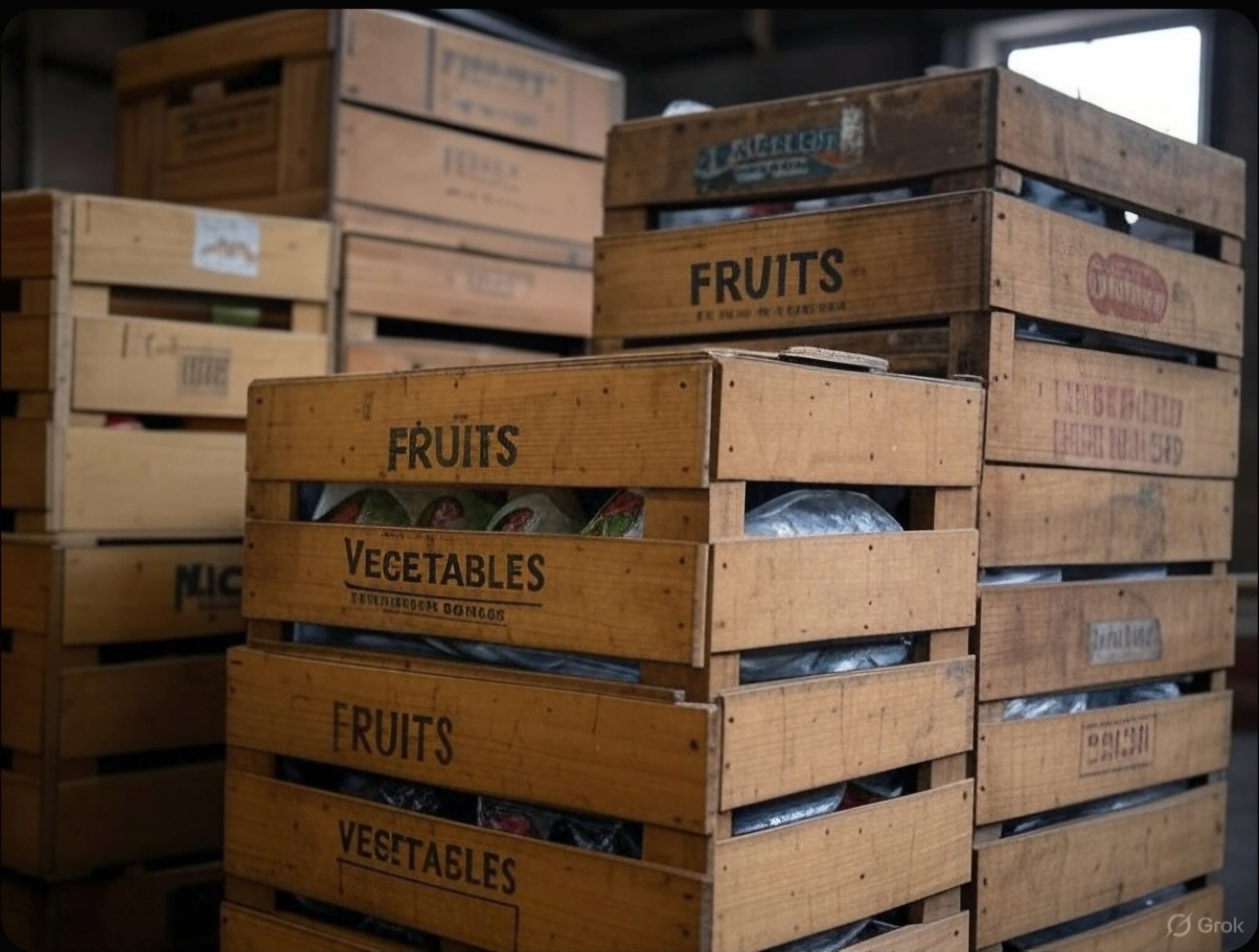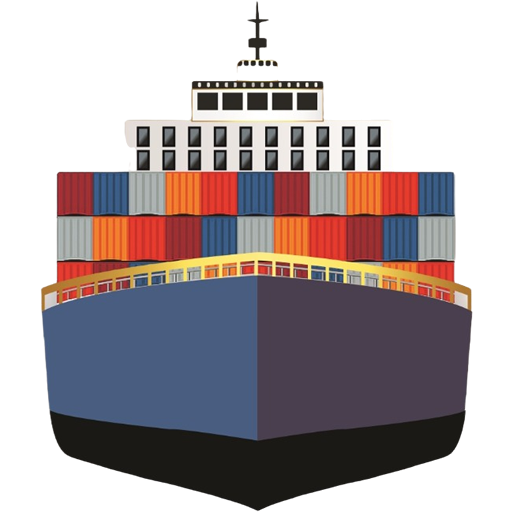
Nigerians Spend N21tn on Food Importation in Four Years
General food importationGeneral
A recent report has revealed that Nigerians spent a staggering N21.51 trillion on food importation between 2020 and 2024. This trend is alarming, especially considering the government’s efforts to boost local production and reduce reliance on foreign products.
The data from the National Bureau of Statistics shows that the expenditure on imported prepared foodstuffs, beverages, spirits, vinegar, and tobacco totaled N6.77 trillion during the four-year period.
The reliance on foreign food products has been increasing consistently, with the expenditure rising from N594.08 billion in 2020 to N2.79 trillion in 2024. This surge in food importation has significant implications for Nigeria’s economy, particularly in Nigerian imports and exports.
Contact – For a food item import quotations
he importation of live animals and animal products also surged, totaling N3.64 trillion over the four-year period. Other notable import expenditures include N167 billion on footwear and headgear, N909 billion on wood and charcoal, and N373 billion on raw hides, skins, and leather products.
Experts have warned that Nigeria’s food importation policy could destroy the country’s agriculture, undermining local production and increasing dependence on foreign products. The African Development Bank President, Dr. Akinwumi Adesina, emphasized that Nigeria should focus on producing more food to stabilize prices, create jobs, and reduce foreign exchange spending.
As the government explores ways to reduce reliance on food importation, it’s essential to consult and consider the role of custom licensed clearing agents to facilitate the import and exports essentials for the goods and cargo logistics and clearance.
By supporting local production and streamlining importation processes, Nigeria can work towards achieving food security and reducing its dependence on foreign products.


